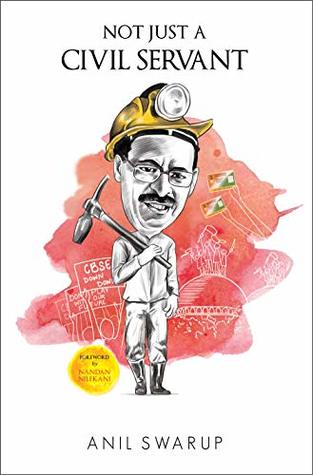More on this book
Kindle Notes & Highlights
Being assisted by an army of officers, be it the revenue, development or law & order functions, he can always bank upon the competence of some of his subordinates without indulging in challenging work himself. Now that tenures are extremely short, he can get away with it as well.
“No matter how good any idea is, it has no value unless other people understand it, embrace it as their own and help you implement it.” (N.R. Narayanmurthy in ‘The Writing on the Wall’)
They were not tied down to a delivery point as in the case of almost all the public sponsored social welfare scheme. The National Rural Employment Guarantee Scheme (NREGS) tied them down to a project and the Public Distribution System (PDS) to a shop.
This also marked the first ever attempt to seek some contribution from the BPL family for delivery of benefits. As the card was not free, the beneficiary ‘valued’ the card and demanded services as they had paid (even though a part of it) for it.
The RSBY prided itself in being a ‘Business Model’ which sustained the scheme. There was an inbuilt financial incentive for the public and private players to do what they ought to do. The insurance companies had an incentive to issue as many smart cards as possible because the payment to them was a multiple of the number of cards issued by them. Similarly, the hospitals were not chasing away the beneficiaries because they got compensated for the treatment given to the beneficiaries. It was indeed a win-win situation
“Our bureaucrats have to learn to stand up for their beliefs and values rather than be subdued by their respect for their superiors—political or otherwise.”
He encouraged open discussions and never misconstrued any statement or opinion. The whole team stayed motivated by his positivity. Prabhat Chaturvedi belonged to a different ilk of bureaucrats. The scheme saw an exponential growth during his tenure.


